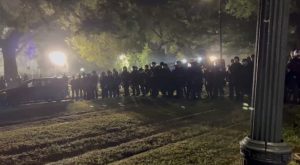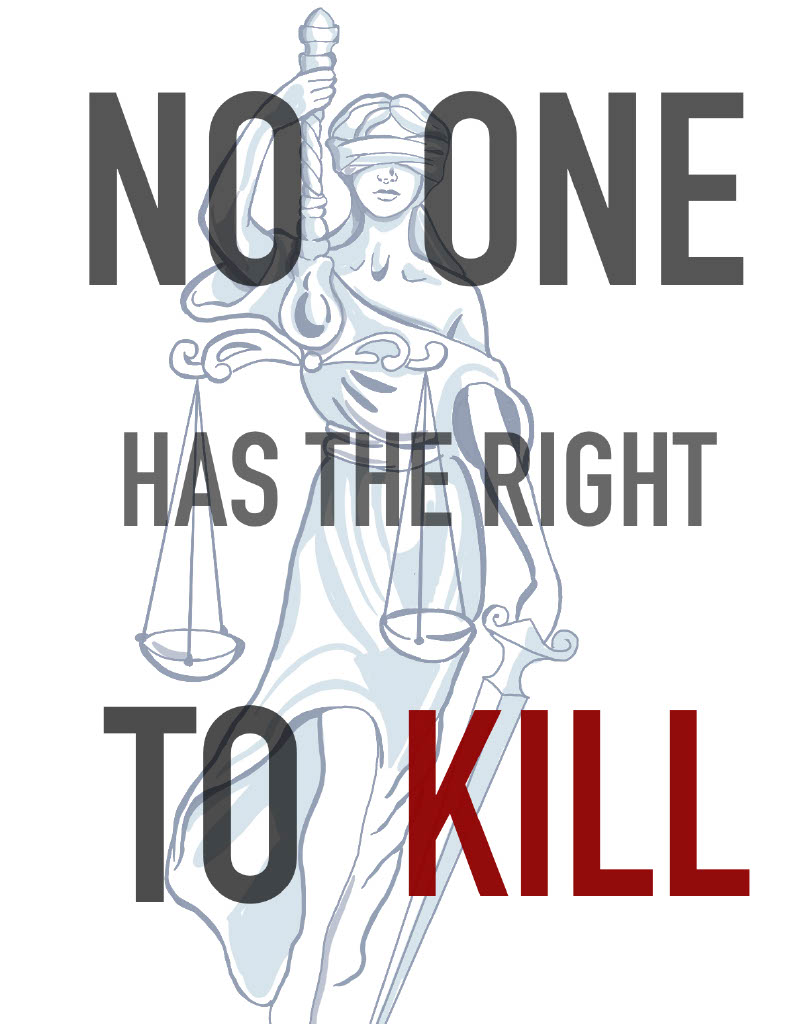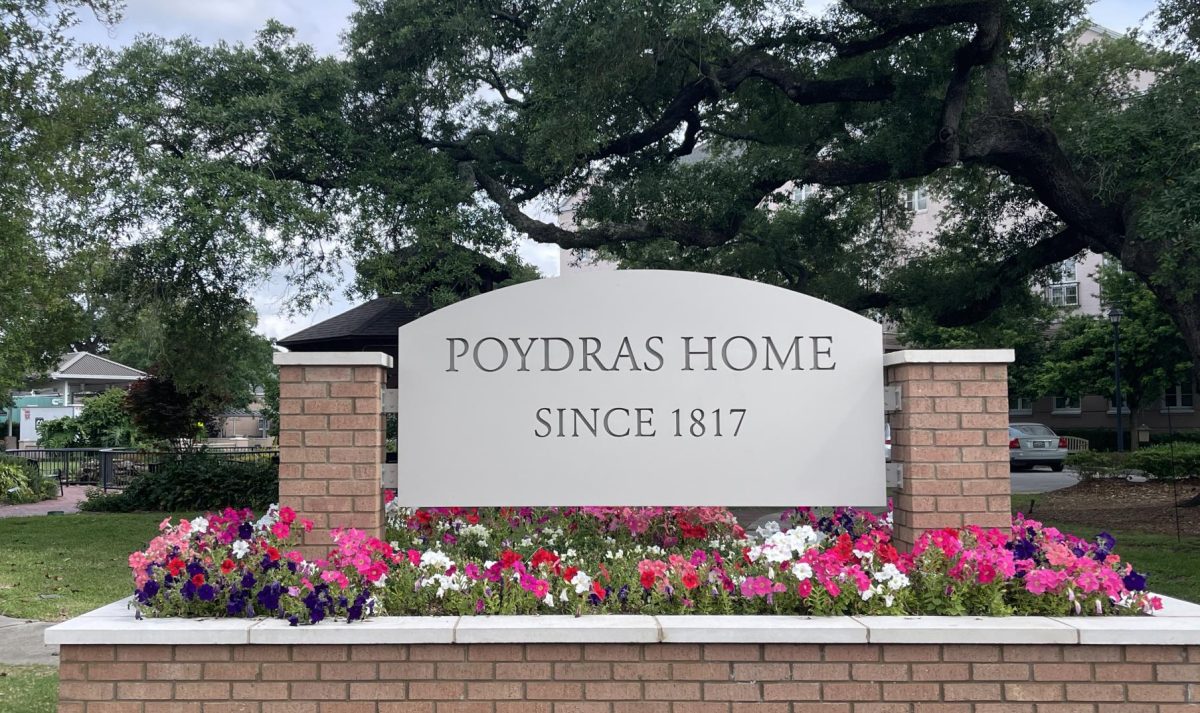When Tom Brokaw spoke at Loyola’s commencement, I was ecstatic. Tulane might have had the Dalai Lama, but to me, Tom Brokaw was this icon of American journalism – a symbol of journalistic integrity speaking here and now, when that same idea of integrity has become so diluted in the cable news era. It was an honor to hear the words of such an admirable individual.
But there was something lingering beneath my excitement that I couldn’t escape.
While Brokaw spoke at the ceremony, I thought about the students on the cusp of graduation that were listening to him. Facing the stage was the graduating class of 2013, simultaneously excited and frightened about their future prospects, and I had no idea what they felt about their time at Loyola.
These students had just signed the exit forms on their last undergraduate loans, they paid all of their fees, including the one to secure Tom Brokaw, and all they could do was sit silently, anxious for that brief moment when they would walk across that stage, transitioning from one era in their lives to the next.
As much as I admire Brokaw, I would have preferred to hear from one of those students.
When I graduate this spring, I’ll have spent four years working toward my degree. To achieve it, I’ve painted houses, hosted in restaurants, taught middle school English and juggled on Royal Street. Every semester had an arch of triumph and failure that often left me wondering whether I would make it through to the next year.
I’m not alone in these difficulties. My peers have dealt with the financial hardships of a recession, incessantly rising tuition, and then deaths, illnesses, relationships, anxieties – an endless list of the problems that accompany a person in their early twenties.
With that in mind, I think I would much rather have one of my peers stand on that stage and express how they feel about this particular experience in this particular place.
I know that part of the appeal of hiring an outside speaker is hearing an older, wiser perspective. Inspiring addresses have become canonical speeches that float through the Internet and end up quoted by our professors and friends.
But at what cost? In a time of financial trouble, is it worth it to spend thousands of dollars to hear a famous person speak when we have hundreds of voices at our disposal, full of stories that touch us directly? What about the voice of that student who has fought tooth and nail for their education?
Why not give that student the opportunity to stand before their class and describe what Loyola, and this time in their life, has meant to them?
I think it would mean a lot more to us.
Stewart Sinclair is an English writing senior and can be reached at













